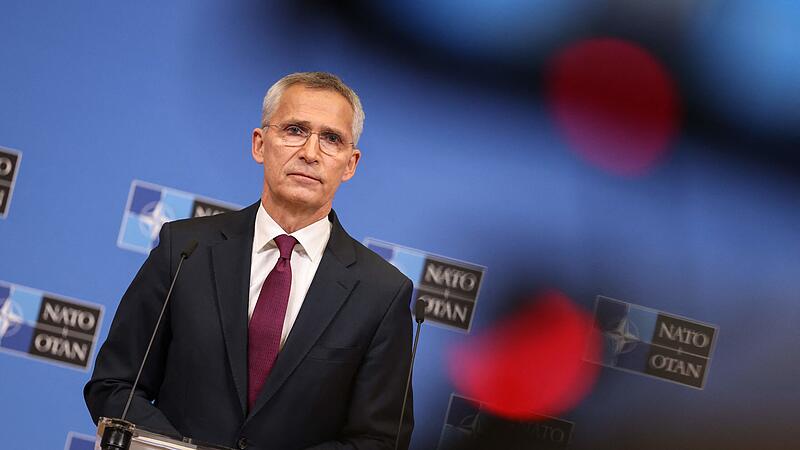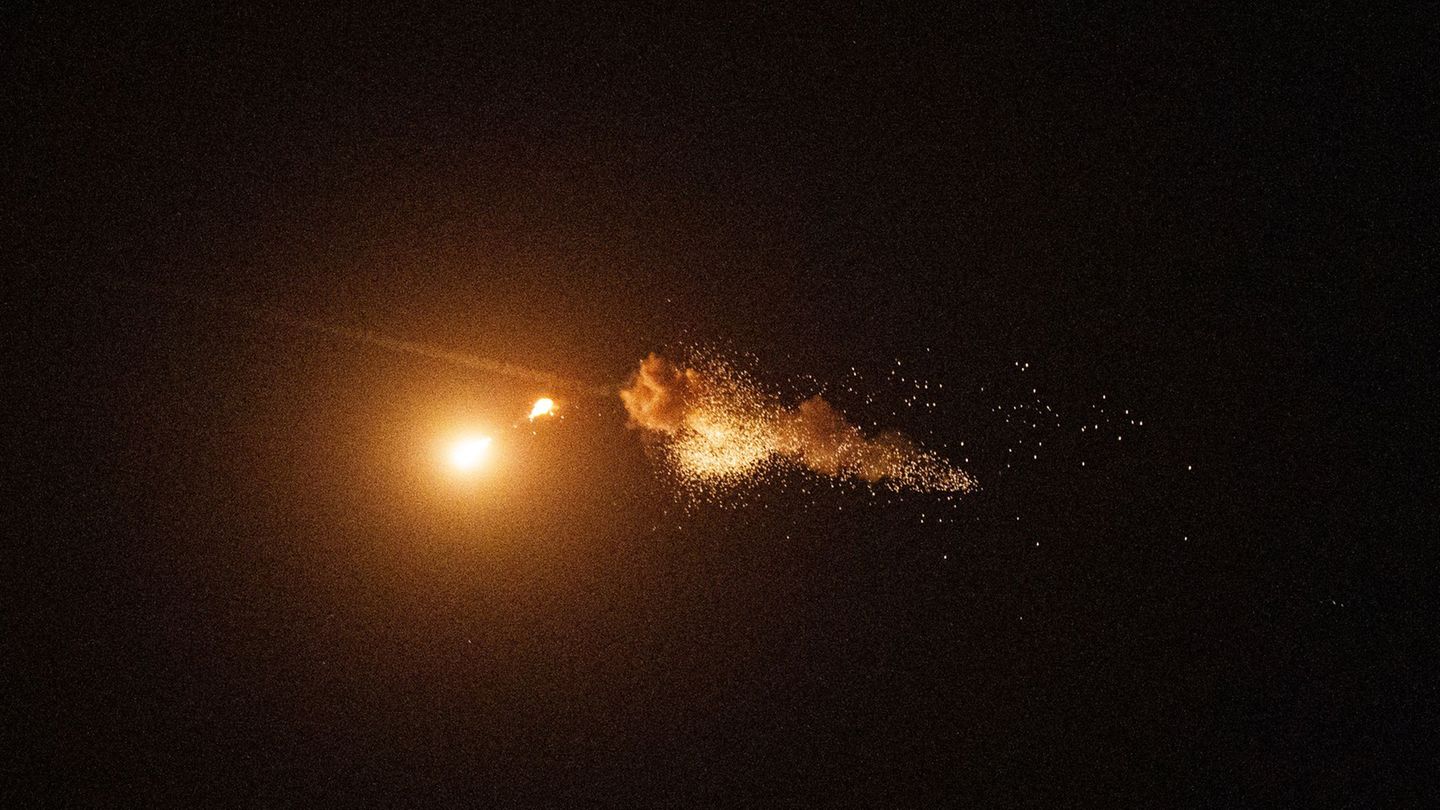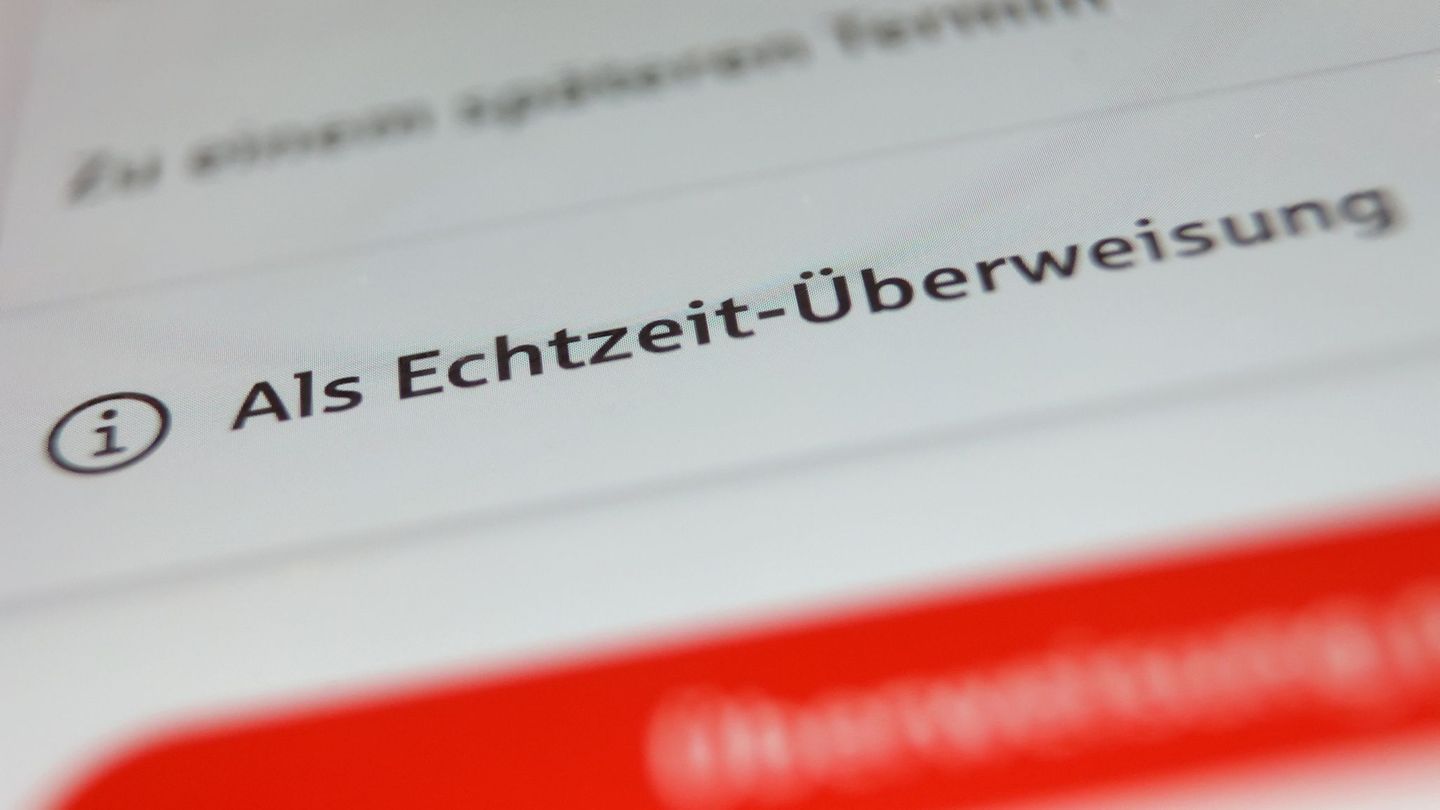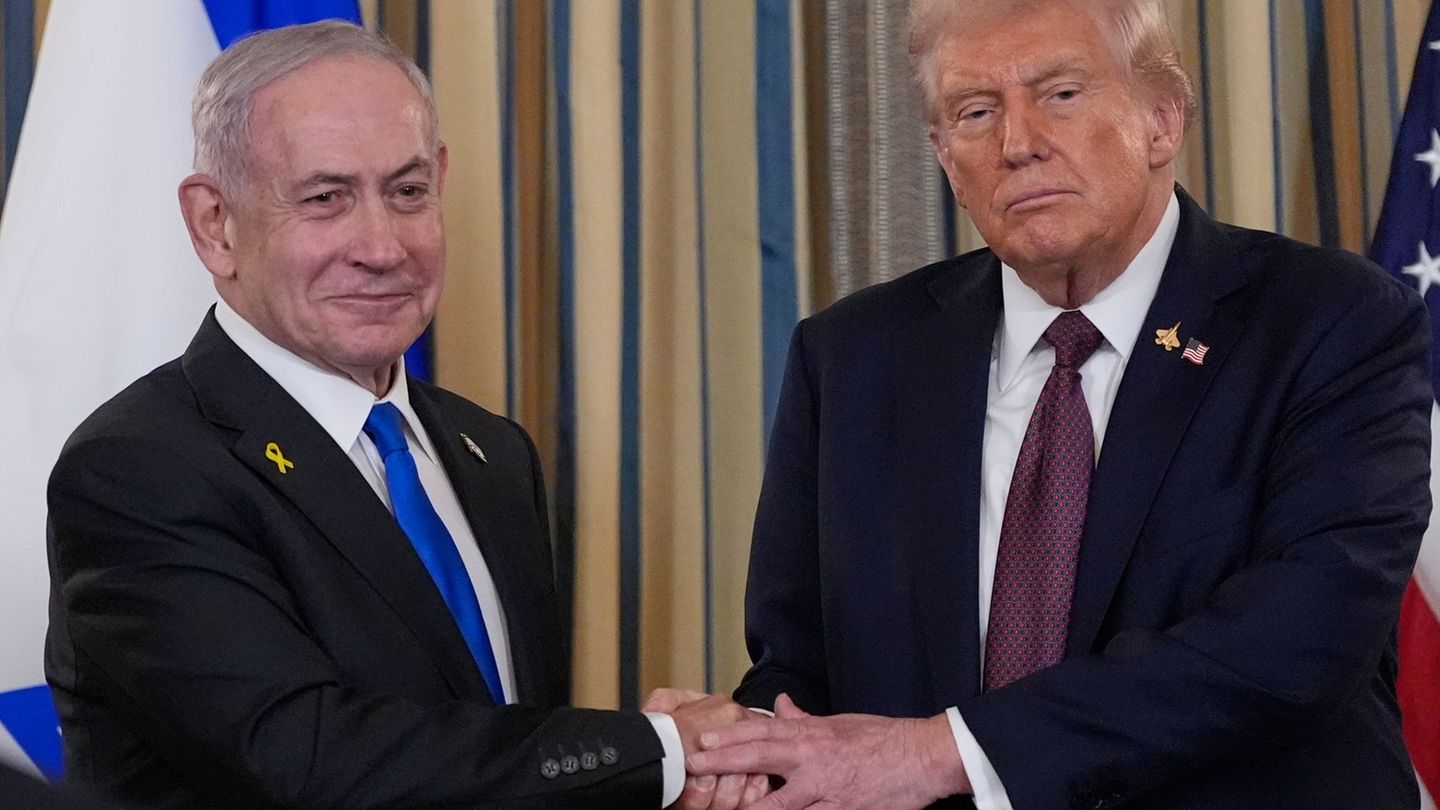Image: (APA/AFP/SIMON WOHLFAHRT)
“Peace cannot mean freezing the conflict and accepting a deal dictated by Russia. Only Ukraine alone can define the terms that are acceptable,” added the NATO chief.
In this context, the former Norwegian Prime Minister pointed out that military successes in the theater of war would strengthen Ukraine’s negotiating position: “The more occupied territory Ukraine can liberate, the better cards it has at the negotiating table to achieve a just and lasting peace. “
On Saturday, a group of African heads of state led by South African President Cyril Ramaphosa held talks with Kremlin chief Vladimir Putin as part of a self-declared peace mission. The delegation had previously called on both sides to “de-escalate” in Kiev. “This war must end and there should be peace through negotiations,” Ramaphosa said. Ukrainian President Volodymyr Zelenskyy rejects negotiations with Russia at this point in time.
Regarding Ukraine’s NATO membership, Stoltenberg said: “Ukraine’s future lies in NATO, but the priority now is for Ukraine to assert itself as a sovereign and independent state – otherwise there is no way to discuss membership .” He added: “We must ensure that when this war ends, there are credible arrangements for the security of Ukraine, so that Russia cannot rearm and attack again and the cycle of Russian aggression is broken.”
Stoltenberg announced that the alliance will adopt a multi-year aid package at its Vilnius summit in July, designed to bring Ukraine up to NATO standards. Political connections are also to be intensified. “This will bring Ukraine closer to NATO,” said Stoltenberg.
Immediately before his visit to Berlin on Monday and Tuesday, the NATO chief also praised Germany’s national security strategy, with which the Berlin government intends to locate its foreign and security policy actions. “Germany’s first national security strategy is an important document and proof of the turning point,” said Stoltenberg. “I welcome Germany’s clear commitment to meet NATO’s defense spending and capabilities goals and to build one of the strongest armed forces in Europe.”
In a “more dangerous and competitive world,” investing in defense is vital to keep people safe, Stoltenberg added. “At the NATO summit in Vilnius, we will agree on a more ambitious defense spending pledge, which will be at a minimum of 2 percent of gross domestic product (GDP). German leadership remains essential for peace and security in the Euro-Atlantic region.”
According to the NATO chief, Germany’s arms deliveries to Ukraine are making “a real difference” and are helping the country liberate the cities “from the brutal Russian occupation”.
Source: Nachrichten




